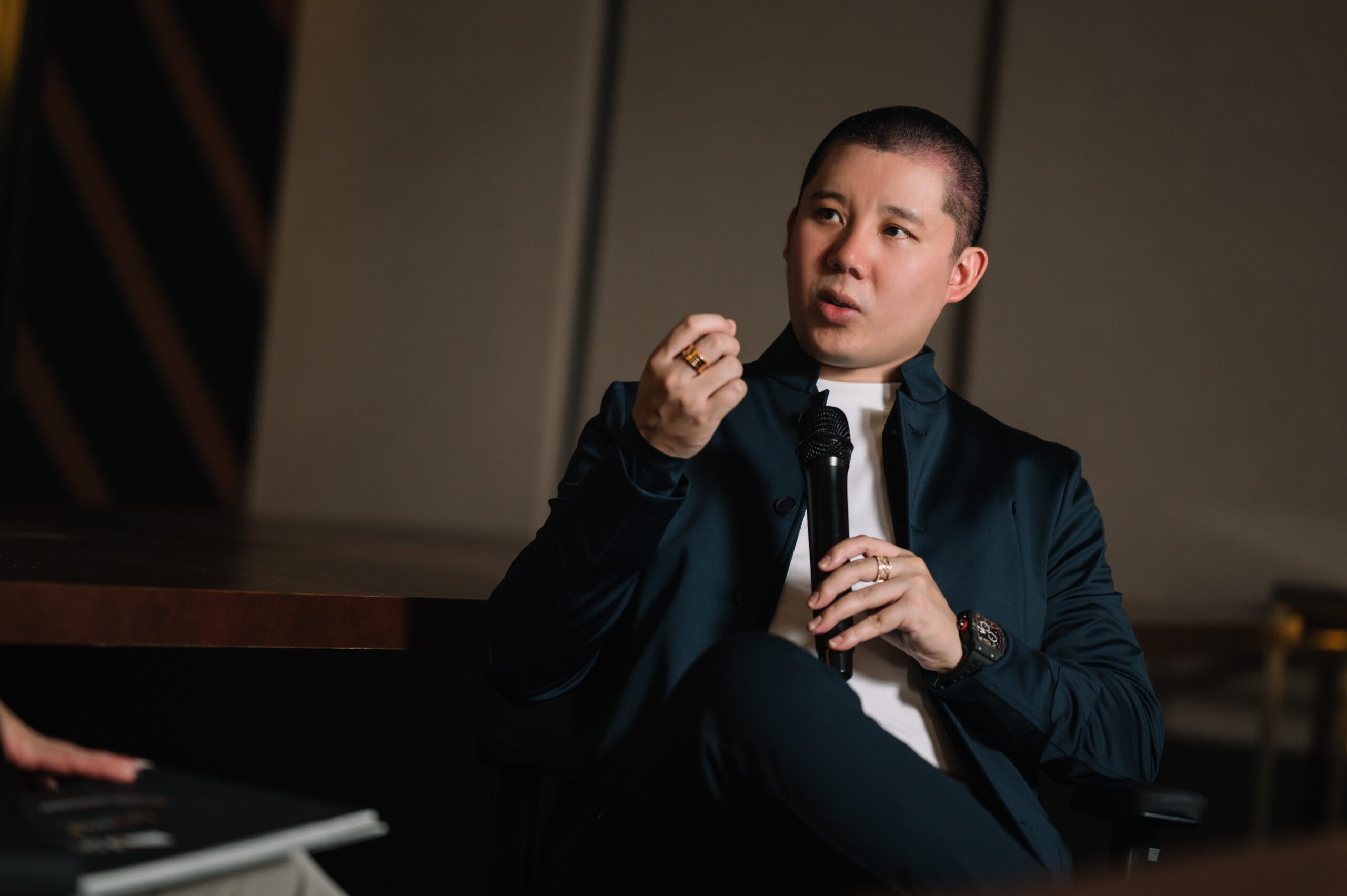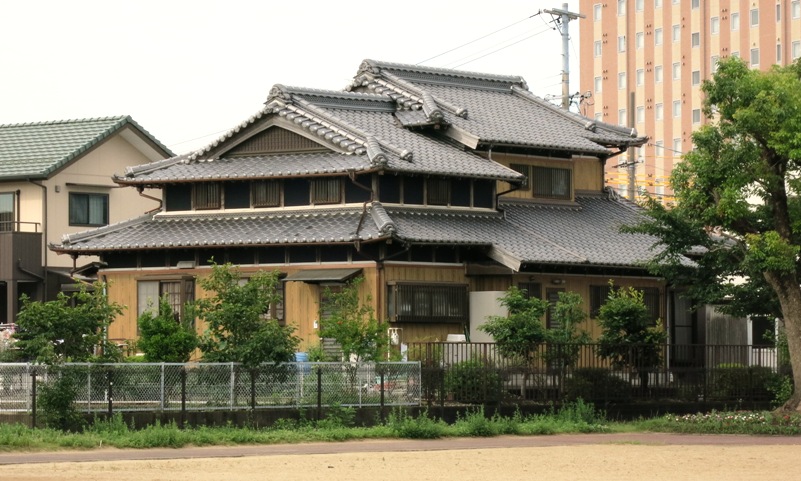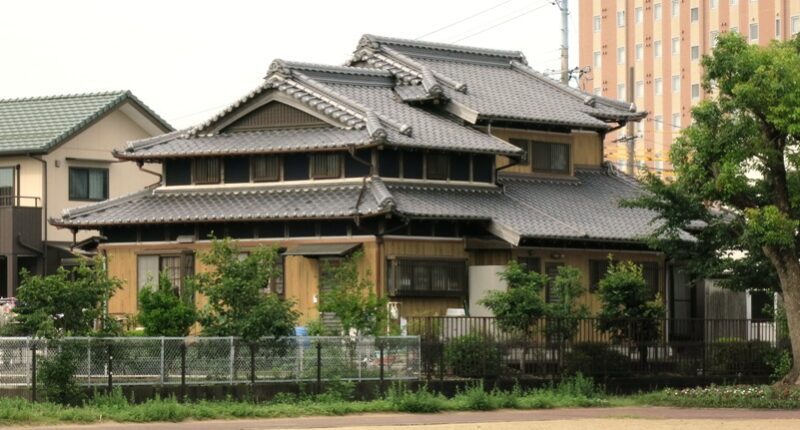On Friday, March 1st, South Korean police conducted a raid on the Korean Medical Association (KMA) offices, according to a statement made to AFP by an officer. This action comes amid a significant doctors’ strike that has disrupted hospital operations across the country.
The strike, initiated by nearly 10,000 junior doctors, which constitutes about 80% of the trainee workforce, is in protest against the government’s proposal to significantly increase the intake of medical school students. This measure aims to address the doctor shortages and challenges posed by an ageing population.
The government had issued an ultimatum, demanding that the striking doctors return to work by Thursday or face legal repercussions, including the possibility of having their medical licenses suspended or being arrested. Following this deadline, only 565 doctors had returned to work, as per the health ministry’s data.
The widespread walkout has severely impacted the healthcare system, with the government escalating its public health alert to the highest level. Consequently, approximately half of the surgeries at 15 leading hospitals have been postponed since the strike commenced. It’s important to note that South Korean legislation restricts doctors from engaging in strikes.
In response to the ongoing strike, the government earlier this week called for a police investigation into individuals associated with the work stoppage. Confirming the government’s stance, Seoul’s police proceeded to raid the KMA.
Furthermore, the health ministry took to its website to issue return-to-work orders for 13 trainee doctors, making public their license numbers and partial names. The notice warned of disciplinary and legal actions for those who fail to comply without valid reasons.
Health Minister Cho Kyoo-hong expressed his appreciation for the doctors who decided to return to work, acknowledging their choice to prioritize patient care in a public statement.
In an effort to address what is described as one of the lowest doctor-to-population ratios among developed nations, the South Korean government plans to increase medical school admissions by 2,000 students annually from next year. While the doctors argue that such reforms could compromise the quality of healthcare and education, supporters of the initiative accuse the medical community of protecting their earnings and status. The junior doctors have highlighted the excessive dependence on trainees within the healthcare system as both unfair and unreasonable.
Public opinion polls indicate substantial support for the reforms, with up to 75% of respondents in favor. President Yoon Suk Yeol, maintaining a firm stance against the striking doctors, has seen a slight increase in his approval ratings amid the crisis.
With legislative elections approaching in April and President Yoon’s party aiming to regain a parliamentary majority, analysts predict the government’s reluctance to swiftly compromise. The KMA has criticized the government’s approach as coercive, likening it to tactics of a “totalitarian state.”
A rally organized by the KMA is scheduled to take place in Seoul on Sunday, with expectations of approximately 25,000 participants, according to local reports.













